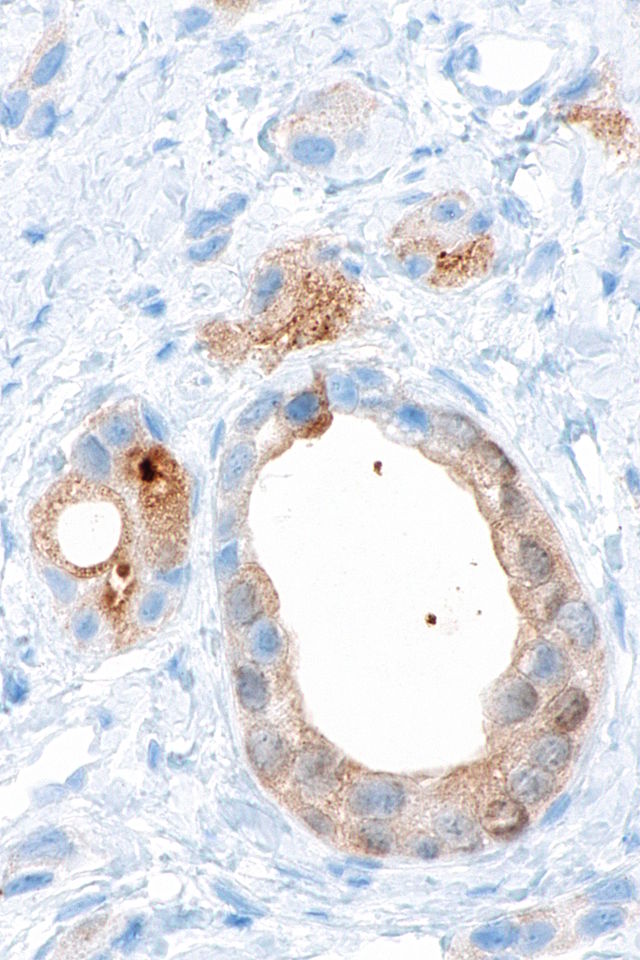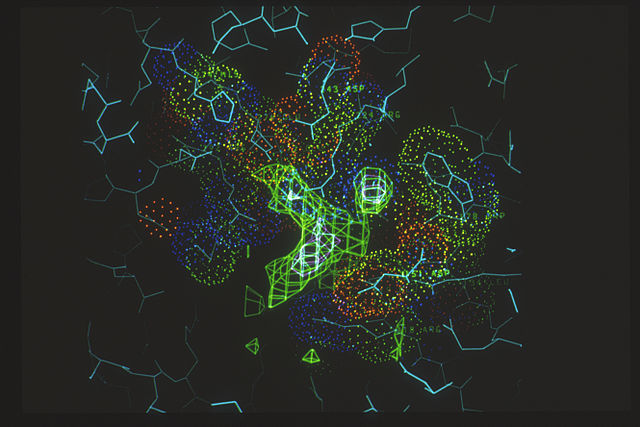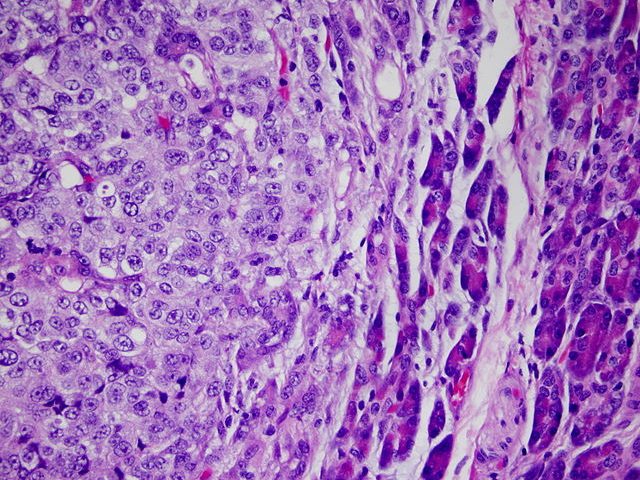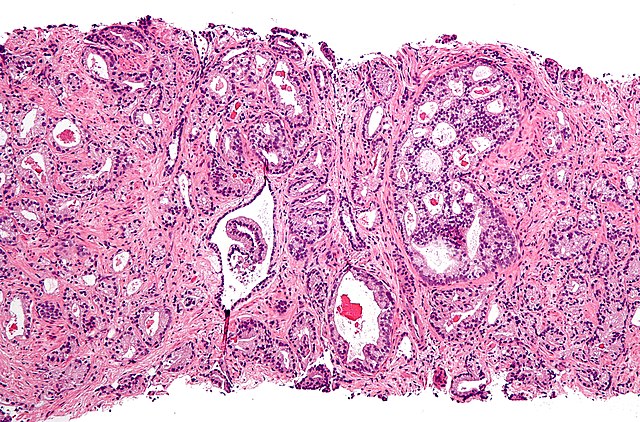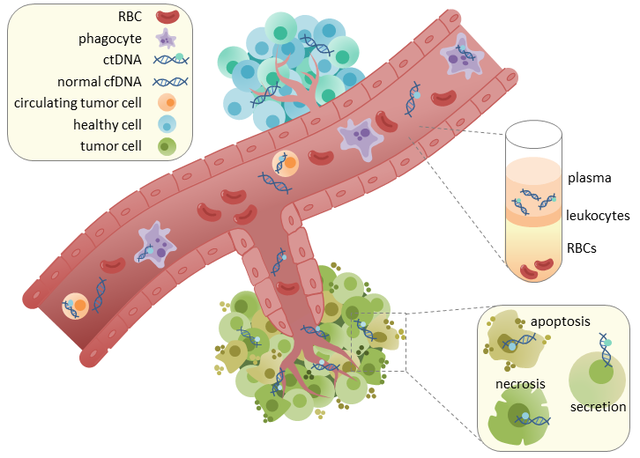Presented by: Ulka Vaishampayan, M.D., Professor of Medicine/GU Oncology at University of Michigan School of Medicine, Ann Arbor, MI.
Covered by: Abdul Moiz Khan, M.D, Chief Fellow of Hematology and Oncology at Karmanos Cancer Institute, Detroit, MI.

Professor of Medicine/GU Oncology, University of Michigan School of Medicine, Ann Arbor, MI.
Dr. Vaishampayan provided an insightful review of the clinical applications of genomics in advanced prostate cancer. Precision medicine has an emerging role in deciding the optimal sequence of therapies, personalizing therapy based on targetable alterations, monitoring response, predicting tumor progression, and estimating familial risk. PARP inhibitors for DNA repair mutations such as BRCA1 and BRCA2, and pembrolizumab for microsatellite instability (MSI-H) and high tumor mutation burden (TMB) have already made their way into clinical practice.
Dr. Vaishampayan also discussed the promising targets which are a subject of investigation including PTEN loss and PI3-kinase pathway. Moreover, the introduction of prostate-specific membrane antigen positron emission tomography (PSMA-PET) is a unique example of imaging guiding the selection of therapy.
Furthermore, the racial disparities in application of precision medicine in advance prostate cancer were humbly recognized, as Black men with metastatic castration-resistant prostate cancer are less likely to receive targeted therapies than White men. Dr. Vaishampayan emphasized the clinical significance of somatic and germline mutation testing, as well as the evolving role of liquid biopsy which has an appreciable concordance rate with solid tissue biopsy and may provide a convenient alternative. The session concluded with a shared hope and optimism for further progress in personalized medicine in advanced prostate cancer.


